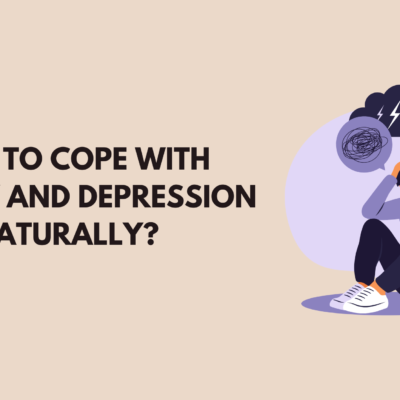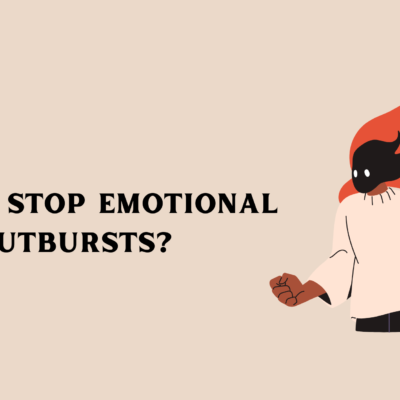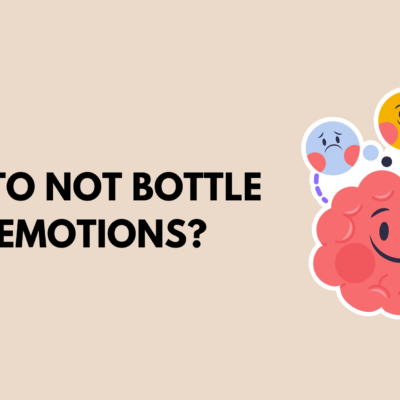How to Stop Feeling so Empty: Feeling empty inside is something many of us experience at some point in life. It might feel like a hollow ache, a sense of purposelessness, or even emotional numbness. Whether it’s triggered by loss, a big life change, chronic stress, or something you can’t quite explain, this emptiness can be overwhelming. The good news? While the feeling is real and valid, it’s also something you can work through. Let’s explore why this happens and how to begin healing.
Also Read:
Understanding Emotional Emptiness
Before jumping into solutions, it’s important to recognize what emotional emptiness actually means. It’s not just sadness or loneliness—it can feel like a total disconnect from your emotions, goals, and even your sense of self. People often describe it as:
- Feeling numb or emotionally flat.
- A loss of excitement or passion.
- Disconnection from others and even from their own thoughts.
- A void that nothing seems to fill—whether it’s food, shopping, or even relationships.
Emptiness might stem from unresolved trauma, depression, burnout, or chronic dissatisfaction. Sometimes, it’s a subtle signal from your inner self that something essential is missing—like meaning, connection, or self-love.
1. Acknowledge and Accept the Feeling
The first step is not to run away from the emptiness or cover it up with distractions. Many of us try to numb it with social media, binge-watching TV, overeating, or overworking. While these may bring temporary relief, they often deepen the void over time.
Instead, sit with the feeling. This doesn’t mean you have to like it, but simply acknowledge its presence. You might say to yourself, “I feel empty right now, and that’s okay. It’s a sign that something deeper needs my attention.” Acceptance brings clarity and softens resistance, which is often where true healing starts.
2. Identify the Root Cause
Try to dig deeper and understand where this emptiness might be coming from. Some guiding questions:
- Have you experienced a recent loss or major change?
- Are you in a situation (job, relationship, environment) that drains you?
- Have you been ignoring your own needs for too long?
- Is there unresolved trauma or a pattern of emotional neglect in your past?
Journaling can be incredibly helpful here. Writing your thoughts helps you untangle complex feelings and spot patterns that might not be obvious at first.
3. Reconnect With Your Body
Emotional emptiness often makes us feel disconnected from our physical selves. That’s why grounding practices can be a game changer. Here are a few ways to reconnect:
- Mindful breathing: Spend 5 minutes focusing just on your breath. Notice each inhale and exhale.
- Gentle movement: Go for a walk, stretch, or try yoga. Move in ways that feel good, not punishing.
- Body scan meditation: Close your eyes and mentally scan from head to toe, noticing sensations without judgment.
By tuning into your body, you start reclaiming your presence and grounding yourself in the here and now.
4. Build Meaningful Connections
Human beings are wired for connection, but when you’re feeling empty, even socializing can feel exhausting. Start small. You don’t need a huge circle of friends; even one authentic connection can make a difference.
- Reach out to someone you trust and simply share how you’ve been feeling.
- Join a support group (in-person or online) where you can meet others going through similar experiences.
- Volunteer or engage in acts of kindness—helping others often helps us feel more connected and purposeful.
Remember, quality matters more than quantity when it comes to relationships.
5. Find Purpose in Small Things
A big source of emptiness is the feeling that life has no meaning. While “finding your purpose” can sound overwhelming, it doesn’t have to be grand. Start by discovering joy and meaning in small, everyday moments:
- Cooking a nourishing meal.
- Tending to plants or a pet.
- Learning a new skill or hobby.
- Expressing yourself through art, music, or writing.
Purpose can be built step by step. The key is to engage in things that bring a sense of fulfillment, however small.
6. Set Gentle Goals
When you feel empty, motivation often feels out of reach. Set gentle, achievable goals—things that help you move forward but don’t overwhelm you. For example:
- Aim to get out of bed and shower every day.
- Walk for 10 minutes.
- Write down 3 things you’re grateful for each evening.
Each small step builds momentum and starts to shift your inner world.
7. Seek Professional Help
Sometimes emptiness is a symptom of deeper issues like depression, anxiety, or unresolved trauma. If your feelings persist for weeks or interfere with your daily life, seeking professional help is a wise and courageous step. Therapists can help you process emotions, uncover root causes, and build personalized coping strategies.
Some therapy types to consider:
- Cognitive Behavioral Therapy (CBT): Helps you challenge and reframe negative thought patterns.
- Psychodynamic Therapy: Explores deep-seated emotions and past experiences.
- Somatic Therapy: Focuses on the mind-body connection to release stored trauma.
8. Limit Things That Drain You
Take a look at what might be contributing to your emptiness. Are you constantly consuming negative news? Stuck in toxic relationships? Overworking with no time to rest?
Begin setting boundaries. Protect your mental space by:
- Taking social media breaks.
- Saying “no” when you need to.
- Prioritizing rest and quiet time.
Even a small shift in what you allow into your space can make a huge difference.
9. Practice Self-Compassion
Most importantly, be kind to yourself. It’s easy to judge yourself harshly for feeling empty, but remember—this feeling doesn’t define your worth. Talk to yourself as you would to a dear friend. Some ways to practice self-compassion:
- Write yourself a kind note.
- Remind yourself daily: “I’m doing my best, and that’s enough.”
- Allow yourself to rest without guilt.
Healing is rarely a straight path; there will be ups and downs, and that’s completely normal.
10. Explore Spirituality or Mindfulness
For many, connecting with something bigger than themselves—whether it’s through religion, spirituality, or mindfulness—can bring a deep sense of peace and purpose. This might look like:
- Meditating regularly.
- Praying or attending spiritual gatherings.
- Spending time in nature and reflecting on your place in the world.
Even simple mindfulness practices like being present during a meal or noticing the beauty around you can foster a sense of connection and fulfillment.
Final Thoughts
Feeling empty can be incredibly isolating and painful, but it’s also a signal—a message from your inner self that something needs attention and care. By acknowledging the feeling, exploring its roots, and taking small, loving steps toward reconnection, you can begin to fill the void with meaning, purpose, and self-compassion.
It’s okay to take your time. Healing is a journey, not a race. The very fact that you’re seeking ways to feel better shows strength and hope—and that’s a wonderful place to start.






